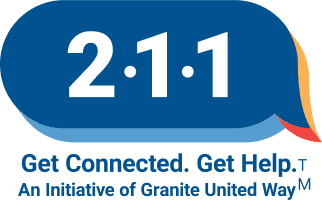1-1 of 1
Too many people never really escape homelessness. Often struggling with chronic illness, they run into crisis after crisis—lose a job, get evicted, lose healthcare—and get short-term help before the cycle of homelessness repeats. Utilizing...
Too many people never really escape homelessness. Often struggling with chronic illness, they run into crisis after crisis—lose a job, get evicted, lose healthcare—and get short-term help before the cycle of homelessness repeats. Utilizing a “Housing First” model of care, combined with long-term housing and supports, we stop the cycle of chronic homelessness and get people on track to a stable life.
How It Works:
Harbor Care often prioritizes its housing for veterans and individuals and families living with disabilities, including behavioral health disorders such as mental illness or substance abuse disorders, physical disabilities, or those living with chronic illness such as HIV/ AIDS.
Our housing comes in a variety of forms – from shared houses to apartment complexes to “vouchers” that allow a client to choose their own home within the community. In all cases, rent remains affordable, with clients paying a portion of their income towards rent. Our housing often comes bundled together with services such as case management, to help clients find employment, obtain entitlements and benefits for them and their families, and avoid returning to homelessness.
Programs include:
--Permanent Supportive Housing Program, for chronically homeless individuals through federal subsidies (non-voucher).
--Mainstream Voucher Program, for chronically homeless individuals through a federal voucher.
--Boulder Point, a project-based HUD-VASH (Veterans Affairs Supportive Housing) voucher program for veterans.
Harbor Homes and Harbor Care also operate other federally-subsidized properties, which helps us offer lower rents to qualified community members. Available units are featured on our current housing openings page: https://www.harborcarenh.org/current-housing-openings-accepting-applications
Categories
At Risk/Homeless Housing Related Assistance Programs
Family Permanent Supportive Housing
